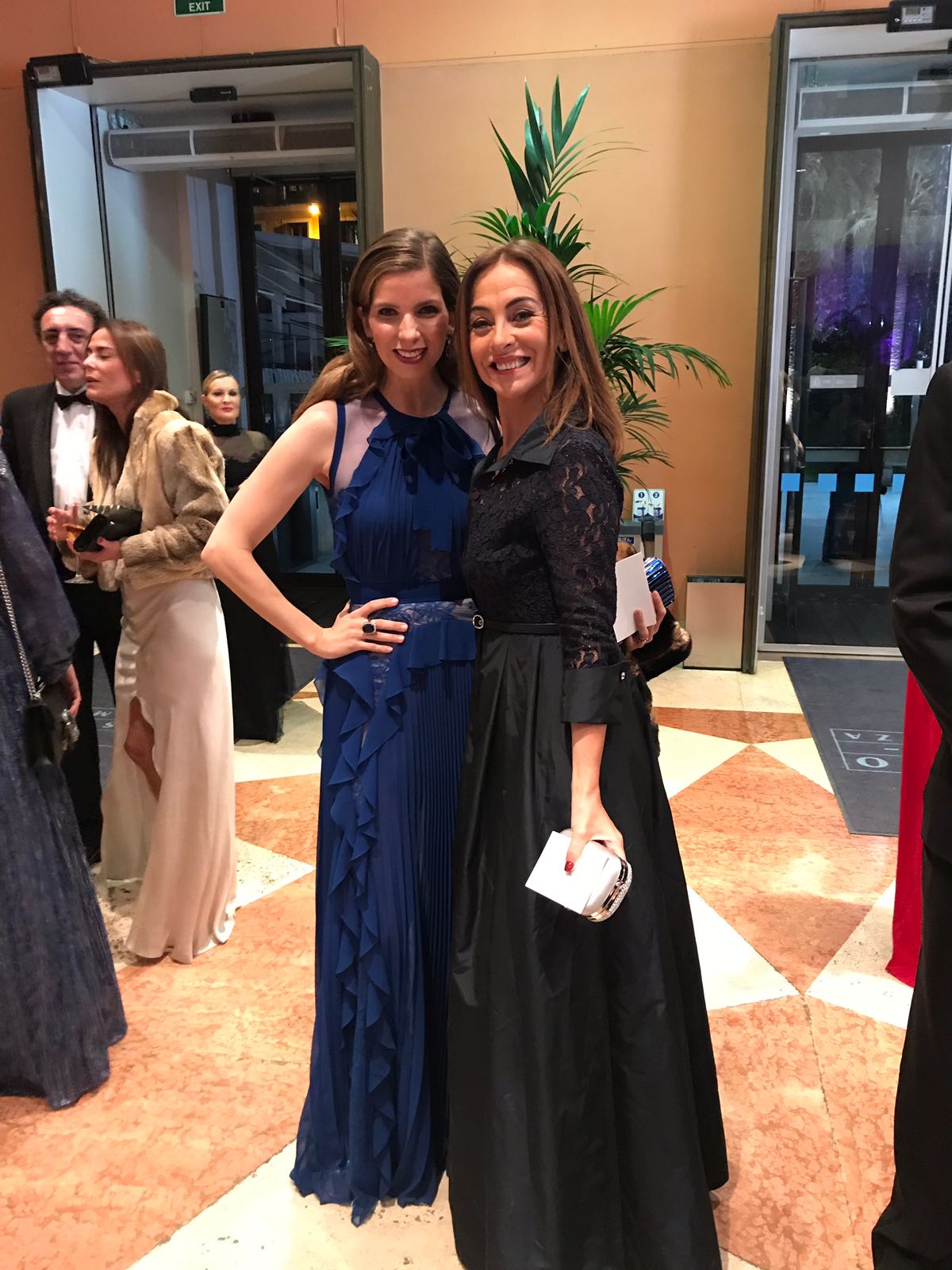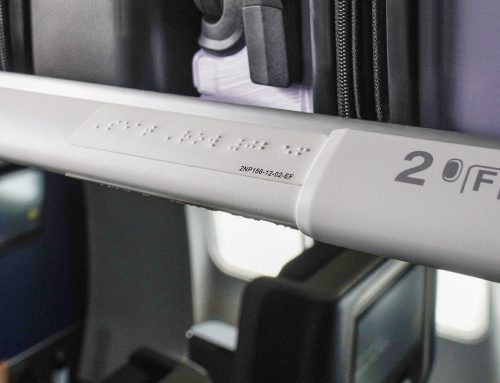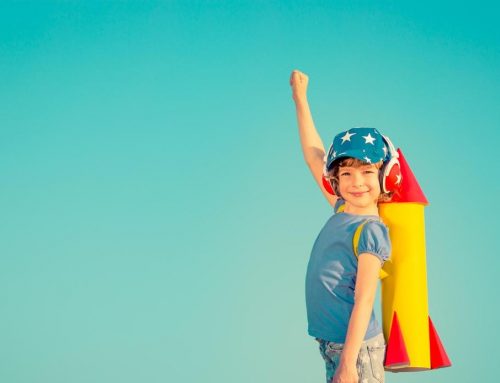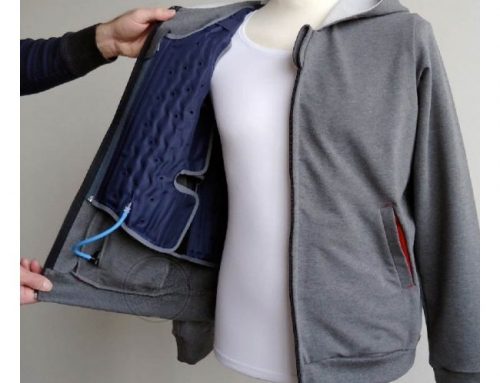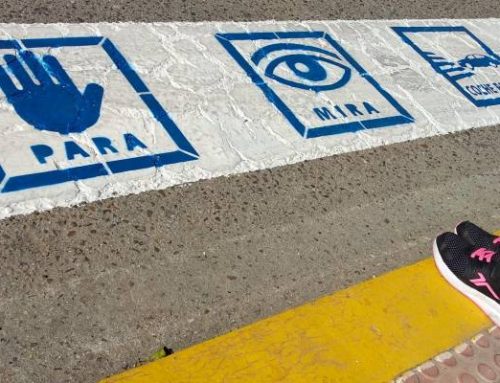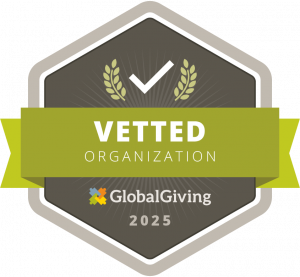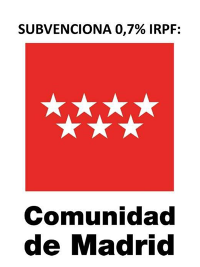Me diagnosticaron epilepsia a la edad de 3 años y nunca fui muy coordinado ni mucho en deportes de equipo. Mis hermanos menores eran las estrellas del equipo de baloncesto y fútbol. Primero comencé las artes marciales en Bali, donde crecí con clases de karate, silat y aikido seguidas de taekwondo y wing chun. El Tai Chi y otros como él, así como el kickboxing, eventualmente me encontrarían como lo hicieron mma y bjj. Creo que lo que más me atrajo de esto fue la camaradería y la relación que se establece entre las personas con las que se entrena y el factor de autosuficiencia de las artes marciales en general. Ningún equipo decepcionado. Si lo arruiné, no afectó a nadie más que a mí.
Haruki Murakami dijo una vez: «Cuando salgas de la tormenta no serás la misma persona que entró después». Cuando me diagnosticaron epilepsia a la edad de tres años, mi vida apenas había empezado pero puedo imaginar que la epilepsia más adelante en la vida puede parecerse a una transformación de la vida en un monzón. Empecé a tener problemas sociales, académicos y físicos desde el primer día.
La situación individual de cada persona difiere un poco y solo puedo hablar sobre lo que me ha ayudado personalmente y sobre mis propias experiencias. Recuerdo que mi papá y mi mamá estaban despiertos durante la noche durante una noche llena de convulsiones en mi niñez y mi papá quería que siguiera moviendo las piernas como si estuviera montando una bicicleta en el aire. Imagino que fue lo que pensó que podría ayudar. Los mensajes entre mi cerebro y mi cuerpo mientras estaba dentro y fuera de las convulsiones epilépticas eran, en el mejor de los casos, inestables. Era difícil mantener los movimientos de la bicicleta, pero si solo por el poder de la voluntad para complacer a un padre para el deporte, logré poner un pie delante del otro de forma circular. Eventualmente encontré lo que disfruté y lo seguí. Las artes marciales eran mi zona de confort donde nadie me pedía que actuara y todo lo que hacía para mejorar descansaba solo sobre mis hombros.
Dejé el karate después de obtener mi cinturón amarillo. En retrospectiva y autoanálisis, era más una decisión basada en las relaciones sociales y mi mejor amigo en ese momento no se llevaba bien con la chica con la que comencé el karate. Se desarrolló una especie de rivalidad entre dos chicas y esa mejor amiga resultó salir con otras chicas, así es la vida, llena de bolas curvas arrojadas a la mezcla. ¡Lo haría si pudiera hablar con mi yo más joven del pasado y me quede con karate porque más tarde me encontré con esa otra chica y ella había alcanzado el cinturón marrón! Ahora me imagino que ella tiene un cinturón negro. Le diría a mi yo más joven que se adhiera a lo que me agrada y no que base las decisiones en lo que otros quieren o piensan.
Recientemente me gradué de nuevo en bjj a 4 rayas cinturón azul, el siguiente paso: cinturón de color morado! No es que los cinturones importen tanto, pero proporcionan jerarquía y logros estar orgulloso de. Me siento orgulloso del progreso que he hecho en bjj a pesar de mis dificultades y el tiempo de recuperación después de la cirugía, cuando tuve que poner el entrenamiento en pausa. Me recuerdo enfocarme en estos aspectos de lo que me da placer y no tanto en lo que otros podrían considerar importante. Podría ser que necesites tiempo para dedicarte a tu arte o para meditar. Tal vez no te sientas completo sin jugar tu deporte durante la semana.
La condición física y los niveles de estrés bien administrados son parte de un estilo de vida saludable tanto como la nutrición y la buena alimentación. Ya sea que jiu-jitsu me brinde el entrenamiento de ejercicio que necesito o que libere la agresión que se acumula durante la vida cotidiana, se ha convertido en mi zona de confort y en mi lugar feliz si te gusta donde todo parece estar bien. En el tatami, puedo olvidarme del mundo exterior por un tiempo. Noto que cada parte de mi vida está conectada y, aunque mis convulsiones ocurren principalmente por la noche, si no obtengo mi dosis de bjj, mi epilepsia está peor. Es importante encontrar una actividad, pasatiempo o lugar que te brinde placer y paz en la vida y andar en esa ola independientemente de la opinión de los demás. Sepa lo que funciona para usted y lo que lo hace feliz. Similar a las situaciones de primeros auxilios de las que he hablado en el pasado, si sabes que necesitas algo, entiéndelo.
Dile a las personas que te rodean lo que necesitas o lo que pueden hacer para ayudar de manera eficiente. Ya sea por su tranquilidad mental general o por su urgencia en el momento, conocerse a usted mismo y la mejor forma de manejar cada balón o golpe que se cruce en su camino hará que la vida sea mucho más suave.
“Fitness and seizures”

Personally I find that exercise and staying fit and healthy also helps keep my seizures at bay. I’ll still have seizures at night while I sleep but they seem to be less severe when I’ve been active and consistent with my Brazilian jiu-jitsu training.
I was diagnosed with epilepsy at age 3 and was never very coordinated or much into team sports. My younger brothers were the basketball and soccer team stars. I first started martial arts in Bali where grew up with karate, Silat and aikido classes followed by taekwondo and wing chun. Tai chi and others like it as well as kickboxing would eventually find me as did mma and bjj. I think what attracted me most to these was the camaraderie and rapport that builds between the people you train with and the self-reliance factor of martial arts in general. No team let down. If I messed up it didn’t affect anyone but myself.
Haruki Murakami once said, “When you come out of the storm you won’t be the same person that walked in after.” When I was diagnosed with epilepsy at the age of three, my life had barely begun but I can imagine that epilepsy later in life can resemble a transformation of one’s life into a monsoon. I started having trouble socially, academically, and physically from day 1.
Everyone’s individual situation differs a bit and I can only talk about what has helped me personally and my own experiences. I remember my dad and mom up at night with me during a particularly seizure-full night in my childhood and my dad wanted me to continue moving my legs as if riding a bicycle in the air. I Imagine it was what he thought might help. The messages between my brain and body while in-and-out of epileptic seizures were shaky at best. It was hard to keep up the bicycle motions but if only through power of will to please a parent so into sport, I managed to put one foot in front of the other in circular fashion. I eventually found what I enjoyed and pursued it. Martial arts were my comfort zone where no one would ask me to perform and everything I did to improve rested on my shoulders alone.
I left karate after getting my yellow belt. In hindsight and self-analysis it was more a decision based on social ties and my best friend at the time not getting along with the girl I started karate with. A sort of rivalry between two girls developed and that best friend turned out to date other girls so that’s life, full of curve balls thrown into the mix. I would if I could talk to my past younger self and stayed with karate because I later ran into that other girl and she had reached brown belt! By now I imagine she has a black belt. I’d tell my younger self to stick to what pleases me and not to base decisions on what others want or think.
I recently graduated again in bjj to 4 striped blue belt, next step: purple belt! Not that the belts matter so much but they provide hierarchy and accomplishments to be proud of. I feel proud of the progress I’ve made in bjj despite my struggles and recovery time post surgery, when I had to put training on pause. I remind myself to focus on these aspects of what gives me pleasure and not so much on what others might consider important. It could be that you need time to yourself to work on your art or to meditate. Maybe you don’t feel whole without playing your sport during the week.
Fitness and well-managed stress levels is part of a healthy lifestyle as much as nutrition and eating well. Whether jiu-jitsu gives me the exercise workout I need or releasing aggression that builds up during day to day life, it’s become my comfort zone and my happy place if you like where everything seems ok. On the tatami I can forget the outside world for a while. I notice that each part of my life is connected and although my seizures occur mostly at night, if I don’t get my bjj fix, my epilepsy is worse off.
It’s important to find an activity, hobby or place which brings you pleasure and peace in life and to ride that wave regardless of anyone else’s opinion. Know what works for you and what makes you happy. Similar to first aid situations which I’ve talked about in the past, if you know that you need something, get it. Tell people around you what you need or what they can do to efficiently help. Whether for your general consistent peace of mind or urgency in the moment, knowing yourself and the best way to handle each ball or punch that comes your way will make life a much smoother ride.

Teo Cochrane
Psicólogo con experiencia en la enseñanza.


